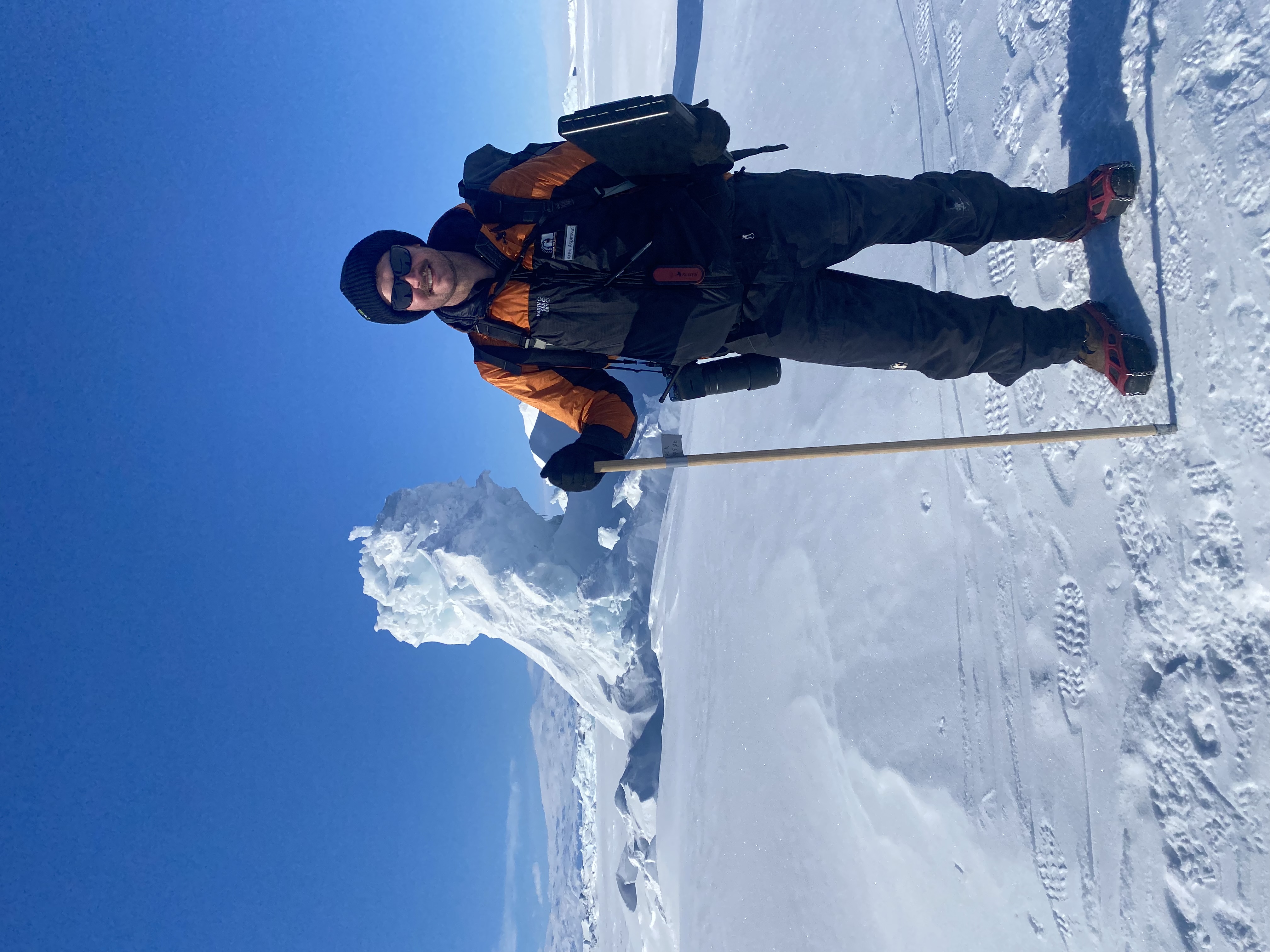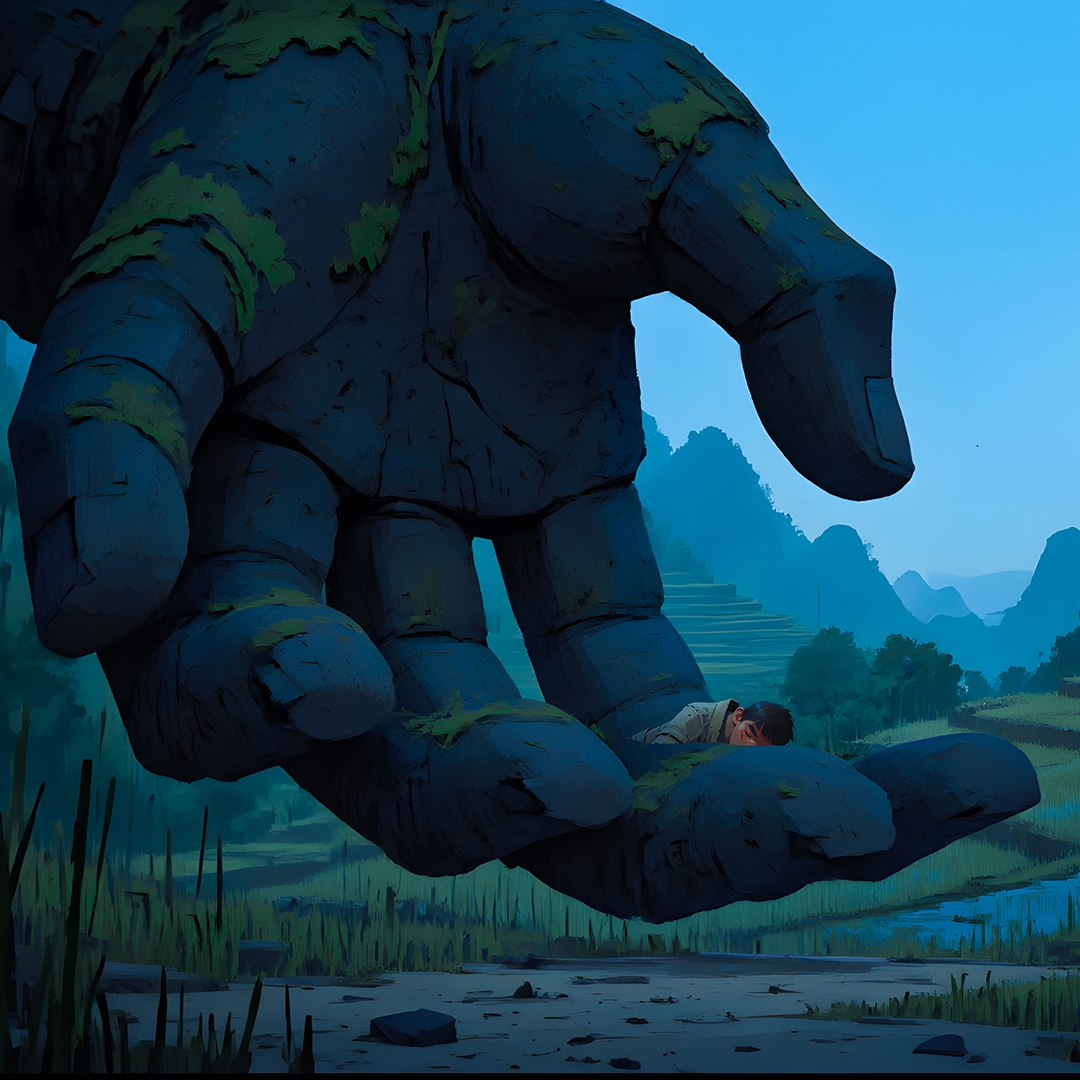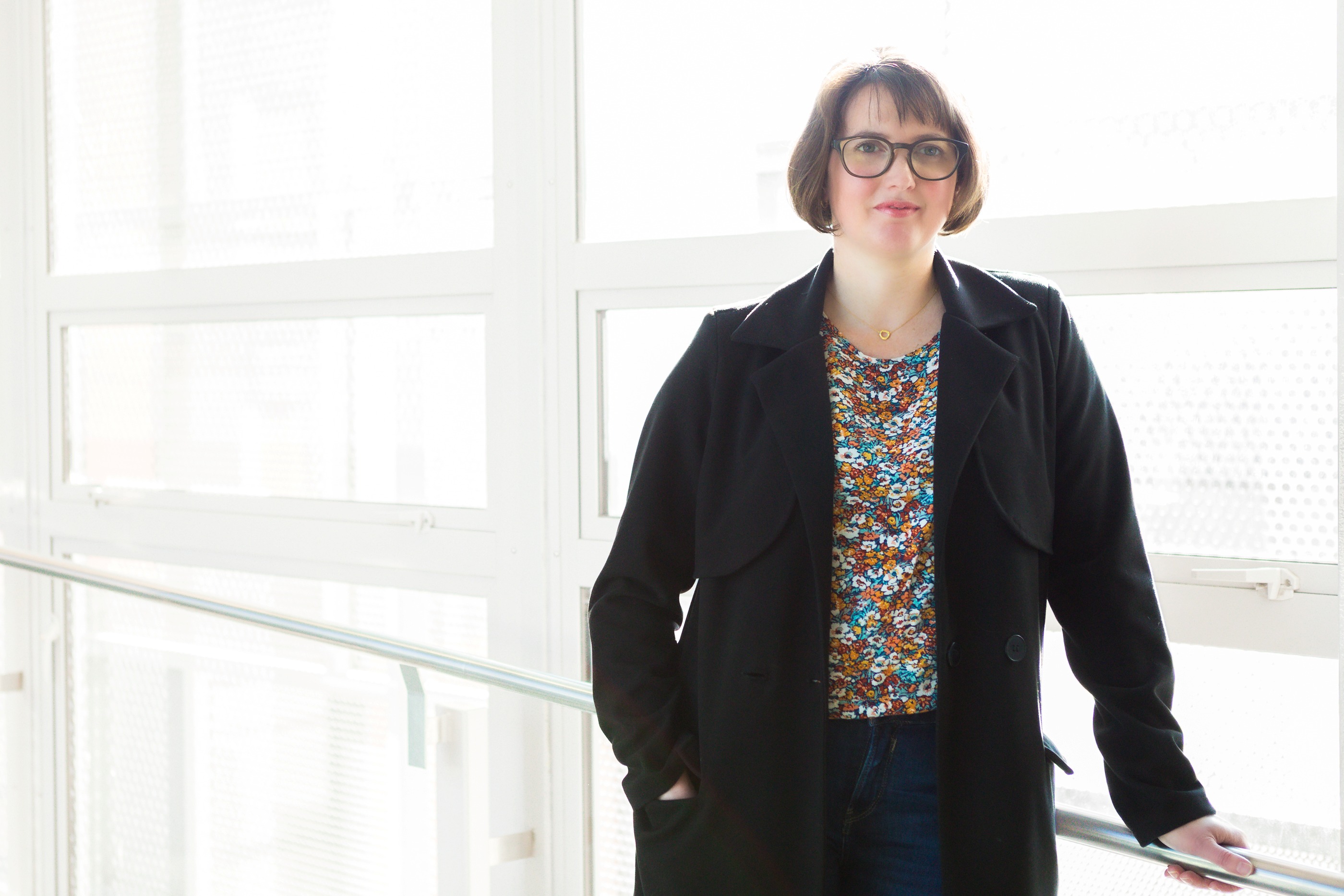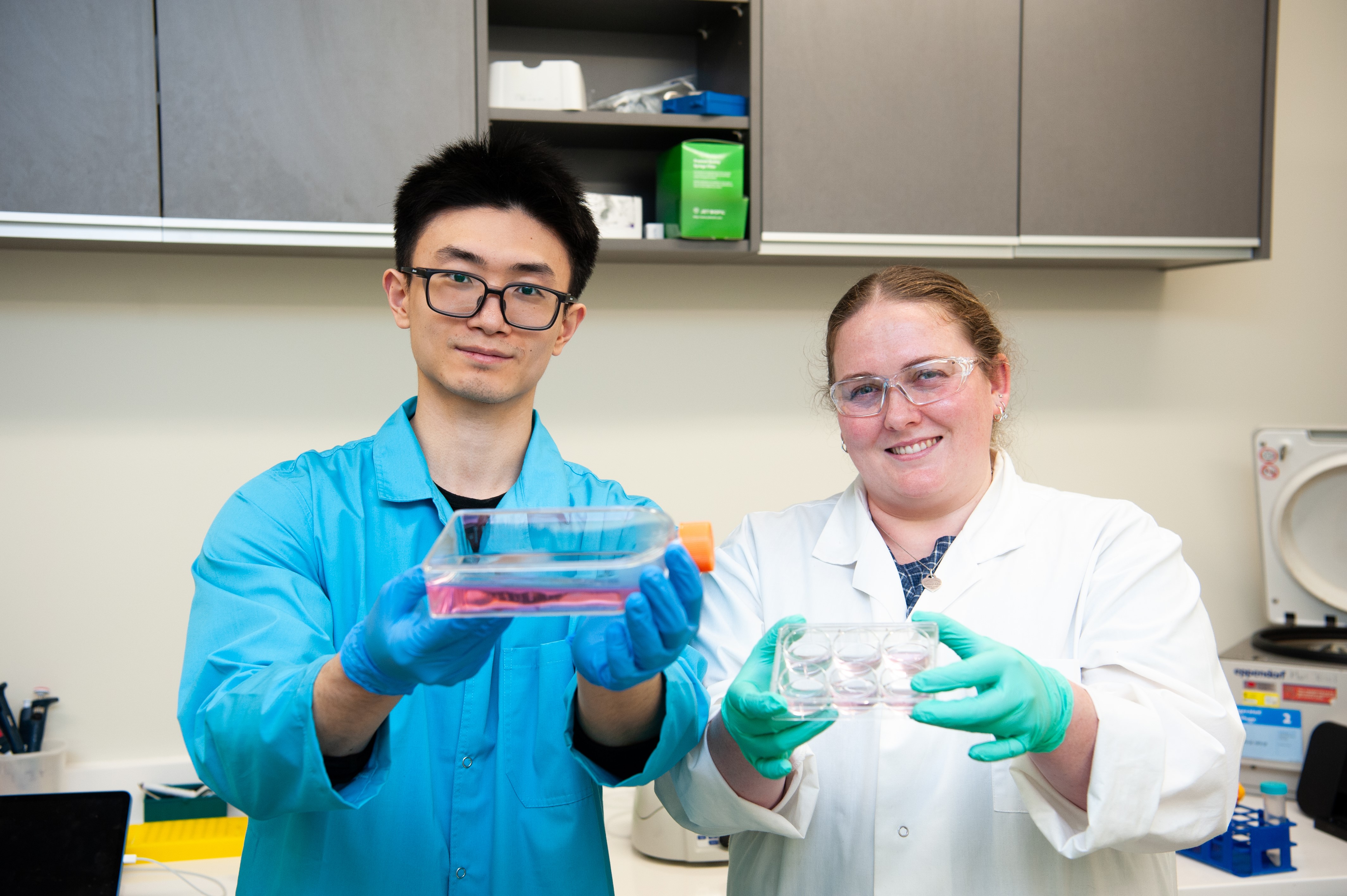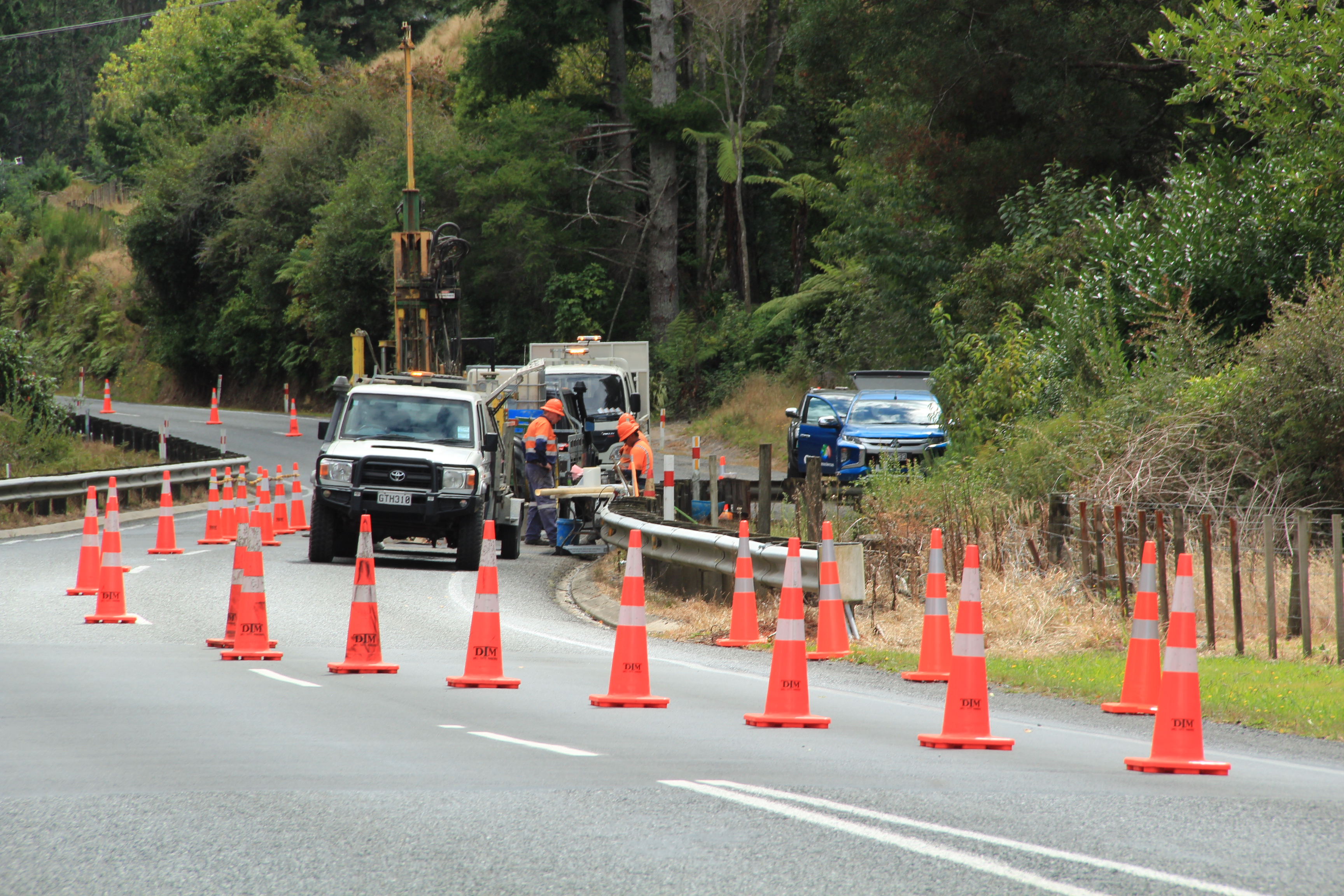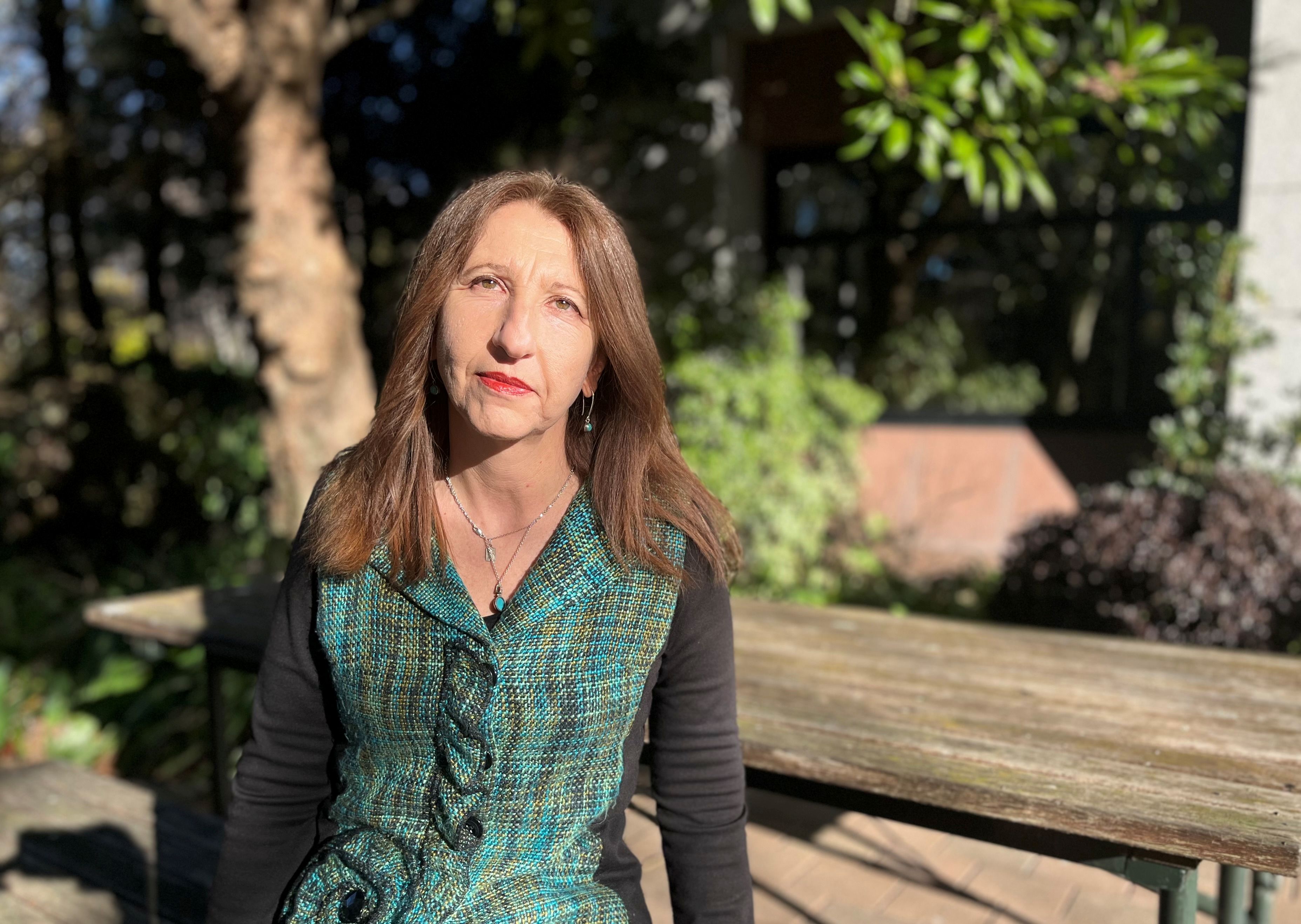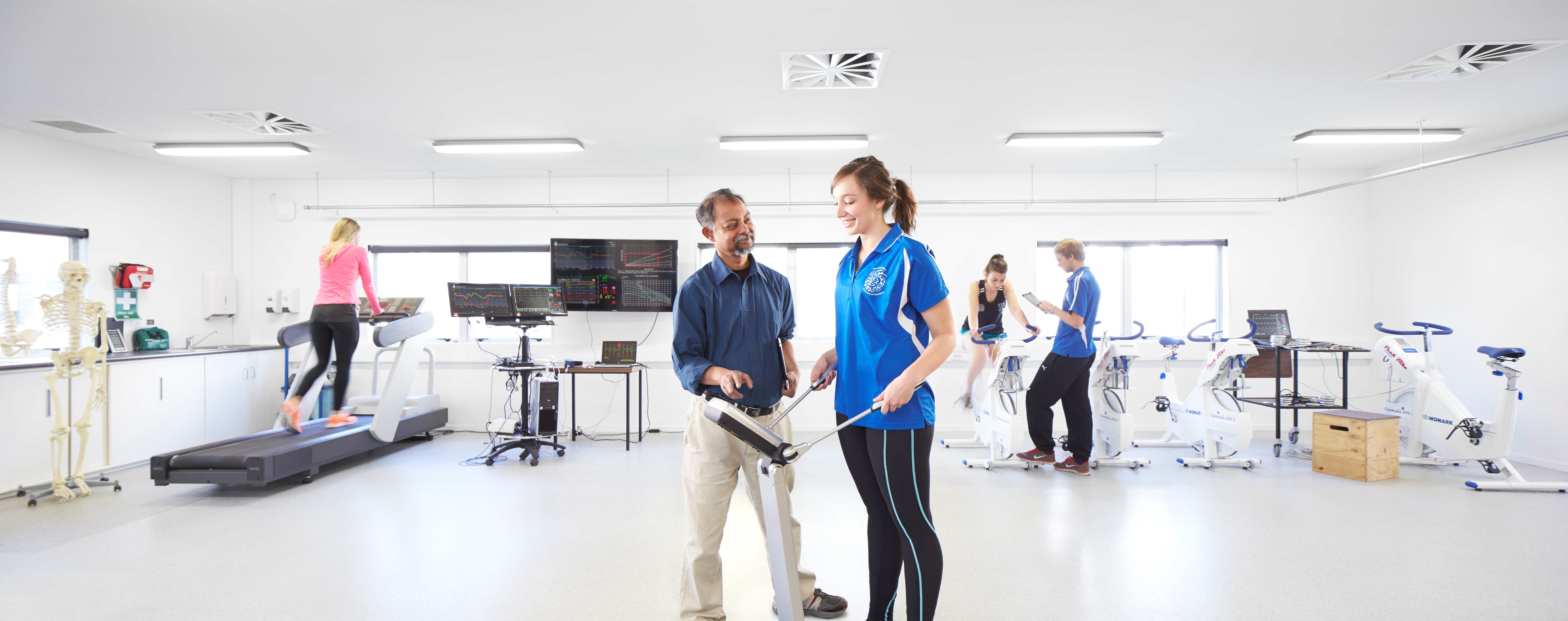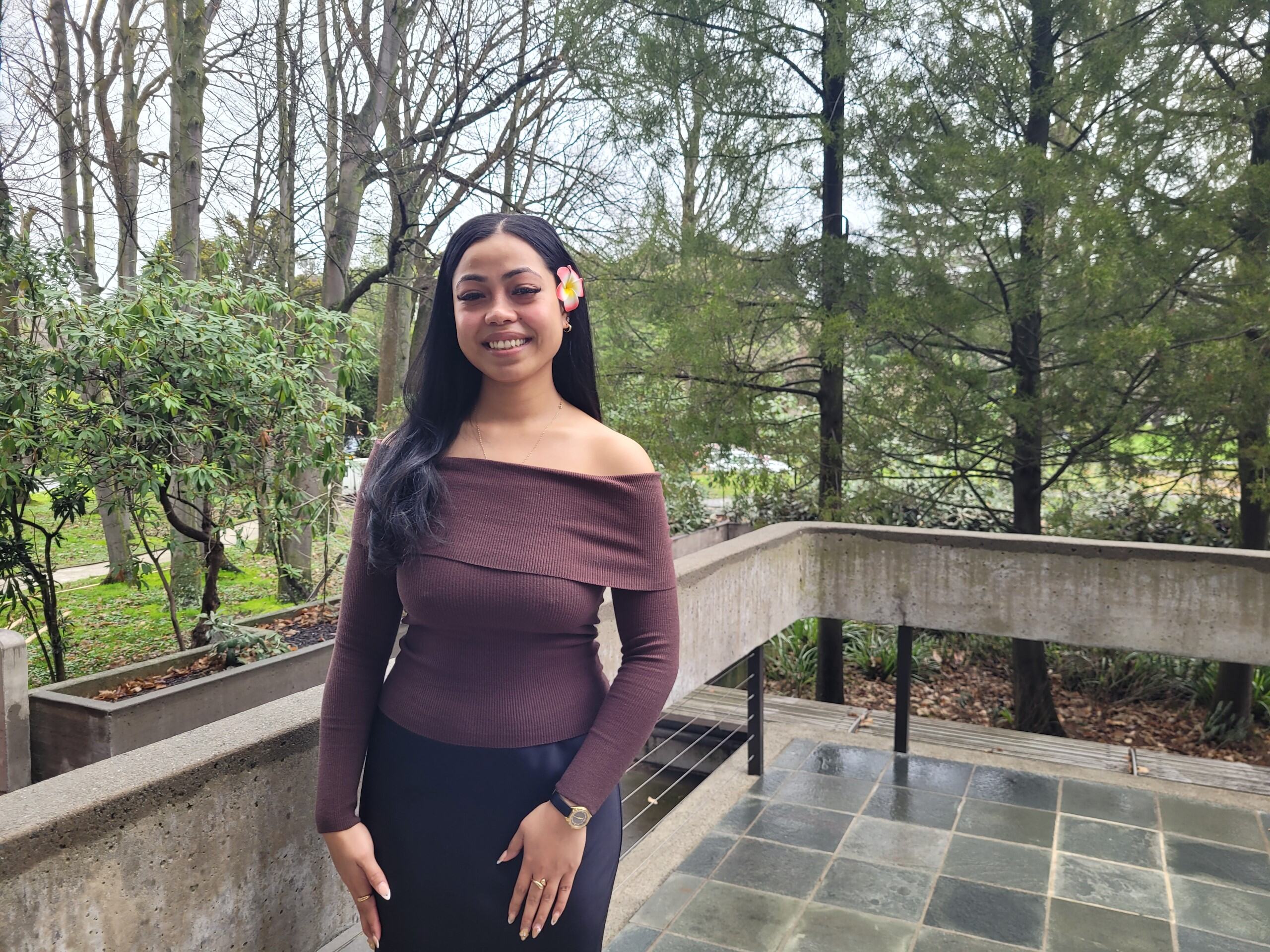Tumu Whakarae | Vice-Chancellor Professor Cheryl de la Rey highlights the importance of connections with communities, with Universities in New Zealand
Tumu Whakarae | Vice-Chancellor Professor Cheryl de la Rey writes for Universities New Zealand about the need for connections with communities, especially in times of recovery.
The connections developed during that difficult time have been, and continue to be, really important.
The potential of that connection was partly what attracted me to the University of Canterbury; the notion of public engagement and contribution to community are embedded in UC’s history. From its inception, the University of Canterbury was seen as an important pillar in developing the city of Ōtautahi Christchurch and the wider Waitaha region. This commitment to public good and community engagement is something that resonates with me as it has been instrumental in my thinking as a university leader for a long time. Connections with our communities give us a foundation from which we will recover together from the fallout of the global pandemic, as we have recovered from other significant challenges.
At the heart of our new strategic plan that sets our direction through to 2030 is the concept of engagement. Again, this builds on our founding vision. More than a century ago, Sir Henry Tancred, the first Chancellor of the then University of New Zealand, said in his inaugural address launching the Canterbury Collegiate Union:
“It is of the greatest importance to the well-being of the whole that this influence should be felt in every part and among all classes, that high as well as low, rich as well as poor, should have every opportunity afforded to them of cultivating and developing the higher faculties in such a manner as will fit them for occupying worthily the highest position in the State.”
This transformative power of university education, for individuals and communities, links very strongly with my values about the role of universities in society. Our challenge is to harness our significant intellectual and social capital to address our local challenges for global impact. Often, local and global are seen as binaries rather than about connectedness.
We’ve seen with the pandemic how something that surfaces thousands of kilometres away impacts local lives in a significant way, just as the challenges around climate change, sustainability, social justice and human rights do. The world is more connected than ever, with greater mobility of people, ideas, products, services and capital. Focusing on what’s unique in the local situation is not distinct from global – in fact the two things are deeply connected. By making a distinctive impact locally, we also build our global reputation.
We are working closely with our partners here in Christchurch to support the recovery, including the economic recovery, of our city and our region. I’m unwavering on the need to harness the University of Canterbury’s resources to create positive local impacts.
We will continue to build our impact in the central city, with more outreach including music, fine arts, our health sciences presence in Te Papa Hauora (health precinct) and our Centre for Entrepreneurship, which is working in partnership with a number of the companies in the city. We are expanding on our partnership with Ngāi Tūāhuriri and Ngāi Tahu to formalise models for evidence-based policy and policy implementation.
Responses to Covid 19 – learning
While the pandemic has brought the impact of university research to the fore, the lockdown has accelerated the educational aspects of our new UC strategy, specifically flexible, future-focused learning, anticipating a future of hybrid delivery, which is now happening at a pace we just didn’t anticipate. We were thrust into online delivery, but we’re now taking the opportunity to reflect on what we have learned.
The disruption of the pandemic has also caused us to reflect on topics of vital importance to the university sector: the future of international education (indeed the future of internationalisation), funding arrangements, and different ways of supporting our students.
We polled our students when we were anticipating moving from level 3 to 2. About two-thirds were keen to come back to campus, despite the fact that we indicated we would continue Semester 1 online. What that suggests to me is, at least for undergraduate students, the campus-based experience has value far beyond the dissemination of content in the traditional lecture set-up.
We have to see education as holistic. We are anticipating a future where we think about the value of campus-based learning in a completely new and flexible way. We can use the face-to-face time not for disseminating content only, but for authentic intellectual engagement between our academics and our students.
For example, using a flipped classroom model, we can have students engage with material before the face-to-face opportunity, using a combination of technology and in-person engagement. Interestingly, some students said they really found that through Zoom engagement, they were more confident posing questions than sitting in a traditional tiered lecture hall. On screen they felt a lot closer to the lecturer than they otherwise would. It is really about blending technology with face-to-face and thinking creatively about how to do that.
The library is our busiest space at the moment. Students have created their own small group opportunities because the learning environment has changed, demonstrating the value of informal learning – through learning communities, students are expanding their thinking and perspectives on the world, as well as forming friendships and networks that last a lifetime.
One of the joys of my current role is the opportunities I have to really get to know people; my previous role was in a much larger university that didn’t allow for this as much. The University of Canterbury is a smaller community that values engagement at personal and community levels. I am really looking forward to contributing to our region’s recovery and ensuring that this is a dynamic, innovative and sustainable city and region that will continue to attract talent and offer a high quality of life.


